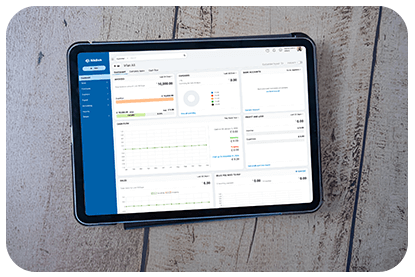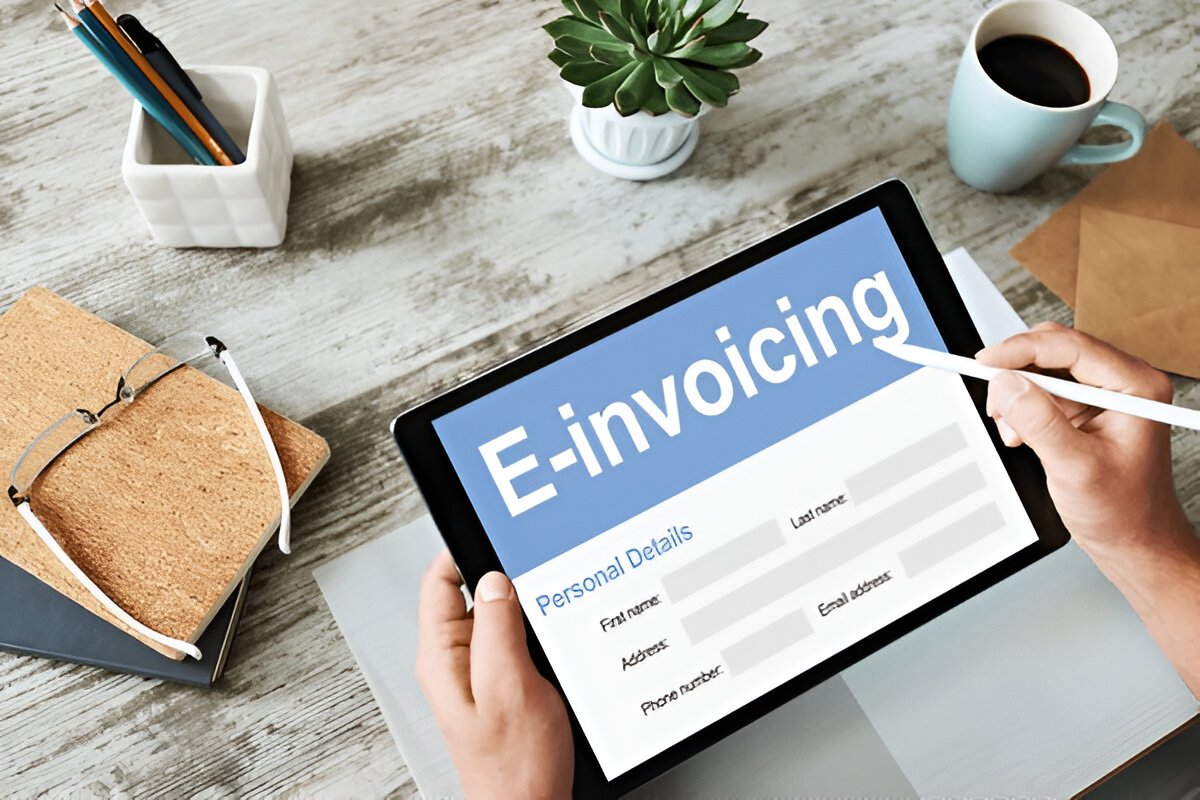19 April 2024
What is E-Invoicing? Benefits and Key Features Explained
As businesses increasingly look for ways to improve efficiency and streamline operations, traditional invoicing methods are becoming a thing of the past. One of the most significant innovations in this area is e-invoicing. But what is e-invoicing, and how can it benefit businesses? In this blog, we’ll explore the concept of e-invoicing, its advantages, and the essential features that make it a vital tool for modern businesses.
What is E-Invoicing?
E-invoicing refers to the process of generating, sending, receiving, and storing invoices in a digital format. Unlike traditional paper invoices, which are manually created and delivered via post or email, e-invoicing uses electronic means to create, transmit, and store invoices directly between a supplier and a buyer. This method is typically integrated with accounting software or enterprise resource planning (ERP) systems, making the invoicing process automated and seamless.
The Benefits of E-Invoicing
E-invoicing is not just a trend; it’s a game-changer for businesses of all sizes. Below are some of the key benefits that businesses can experience when they switch to invoicing:
1. Cost Savings
One of the primary reasons businesses are adopting e-invoicing software is the significant cost savings it offers. Traditional invoicing involves printing, mailing, and handling paperwork, which can be expensive and time-consuming. With invoicing, businesses eliminate paper costs, postage, and manual data entry, reducing overhead costs.
2. Faster Processing
Electronic invoicing accelerates the invoicing process. Traditional invoicing can take days or even weeks to process and settle. With Electronic invoicing, invoices are sent and received almost instantly. This speed not only reduces the waiting time for payments but also improves cash flow for businesses.
3. Improved Accuracy
Manual invoicing is prone to human error, leading to mistakes in calculations, missing information, or data entry errors. E-invoicing software automates much of the process, reducing the chances of such errors. This leads to greater accuracy in billing and fewer disputes between businesses and their customers.
4. Better Compliance
Electronic invoicing can help businesses stay compliant with tax regulations, especially in countries where tax authorities require electronic submission of invoices. Many invoicing platforms are built to comply with these legal standards, ensuring that businesses meet the necessary requirements without the risk of fines.
5. Environmental Impact
With the shift to digital, businesses significantly reduce their paper consumption, contributing to a more sustainable, eco-friendly approach. As companies increasingly prioritize environmental responsibility, Electronic invoicing plays a pivotal role in reducing their carbon footprint.
6. Enhanced Security
When done manually, invoices can be lost, misplaced, or tampered with. Electronic invoicing software usually includes encryption and other security features that protect sensitive financial information. Additionally, digital invoices are easier to track and audit, making them more secure than traditional paper documents.
7. Global Reach
For businesses that operate internationally, invoicing makes it easier to manage invoicing across different countries. With online invoices , businesses can deal with multiple currencies and languages, streamline the invoicing process, and reduce the complexity of dealing with international clients and tax laws.
Read More About: Simplifying E-Invoicing in Saudi Arabia with QuickZeros Books
Conclusion
In today’s digital age, switching to e-invoicing is no longer just an option it’s a necessity. By leveraging the power of invoicing software, businesses can reduce costs, improve accuracy, increase efficiency, and enhance their overall financial management. With benefits such as faster processing, better security, and compliance, invoicing is helping businesses stay competitive in a rapidly evolving marketplace.



